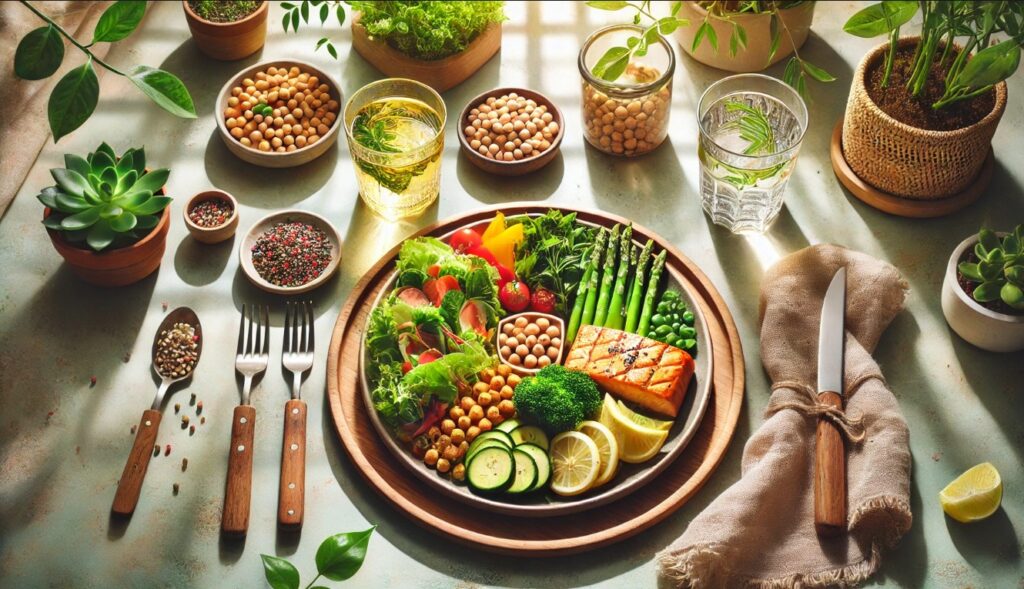Adopting Flexitarianism in 2025: Why This Diet Continues to Rise and How to Transition Effectively

What is the Flexitarian Diet?
The flexitarian diet is a semi-vegetarian approach that primarily emphasizes plant-based foods while allowing occasional consumption of meat and animal products. Unlike strict veganism or vegetarianism, this flexible plant-based lifestyle makes it easier for individuals to embrace healthier eating habits without feeling restricted.
Why is Flexitarianism Growing in 2025?
🌱 Health Benefits
Studies show that reducing meat intake can lower the risk of heart disease, diabetes, and obesity while improving digestion and longevity.
🌍 Sustainability Matters
With climate change concerns escalating, many are choosing plant-based diets to reduce their carbon footprint and minimize environmental impact.
💰 Budget-Friendly Eating
Meat and dairy can be expensive. A flexitarian diet encourages the consumption of affordable, nutrient-dense plant-based proteins like lentils, beans, and tofu.
🥗 No Strict Rules
The biggest advantage of flexitarianism is that it’s realistic and adaptable. You don’t have to give up meat entirely—just eat less of it!
How to Transition to a Flexitarian Diet
1. Start with Small Changes
Try Meatless Mondays or substitute one meal a day with a plant-based alternative.
2. Experiment with Plant-Based Proteins
Incorporate chickpeas, tempeh, mushrooms, quinoa, and nuts to ensure you’re getting enough protein.
3. Reimagine Your Plate
Fill half of your plate with vegetables, a quarter with whole grains, and a quarter with lean protein (plant-based whenever possible).
4. Try Meat Substitutes
Opt for jackfruit “pulled pork,” lentil-based burgers, or cauliflower steaks instead of traditional meat dishes.
5. Plan Your Meals
Having a meal plan makes it easier to stick to your flexitarian goals while ensuring balanced nutrition.
6. Listen to Your Body
If you feel like having meat occasionally, that’s okay! The goal is progress, not perfection.
The Future of Flexitarianism
In 2025, the flexitarian lifestyle is more than just a trend—it’s a sustainable way of eating that supports both personal health and planetary well-being. Whether you’re transitioning for health, environmental, or ethical reasons, this balanced approach to plant-based eating makes it easier to stick with long-term.
Ready to Go Flexitarian?
Are you considering the flexitarian diet this year? Share your thoughts or favorite plant-based recipes in the comments!

